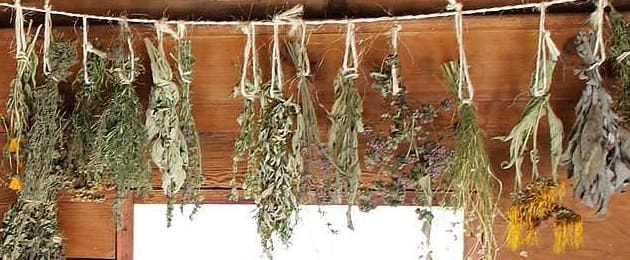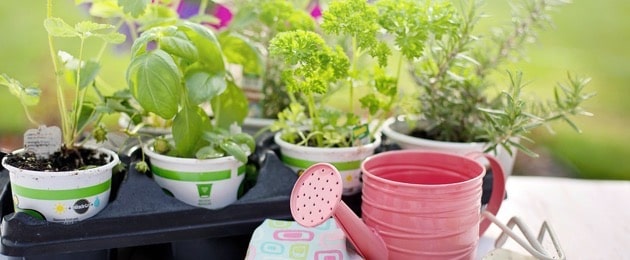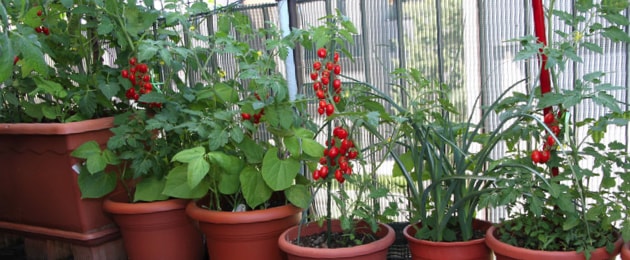Bringing Fall Harvest Indoors
While you love the harvest season, we know you hate to see your blooming flowers and fresh produce disappear until next season. The good news is: you can hang on to summer well into the cooler months ahead by storing and preserving all that you’ve grown.
Here are some tips on bringing your garden efforts indoors.
Apples
Store on a counter or shelf for up to about 2 weeks. Longer storage is best if apples are placed in a cardboard box in your refrigerator or in a cool spot somewhere, like your basement.
Leafy Greens
Make sure to remove any bands or twist ties. Most greens need to be kept in an airtight container along with a damp cloth to keep them from drying out.
Tomatoes
Blush or green tomatoes will ripen the fastest in a dark, warm area. For best texture and flavor, you should avoid storing tomatoes in the refrigerator Ideally, ripe tomatoes should be stored at 55°-68°F. You also may store chopped, whole, stewed, or sauced tomatoes in an airtight container or freezer bag for up to one year.
Pumpkins and Winter Squash
Before storing, eating, or carving, make sure to cure in a sunny indoor area at 75°-80°F for about 1 to 2 weeks. This allows the skin further harden. Good air circulation, such as in a cool basement, off the floor and a temperature of 50°-60°F are ideal conditions for storage. Once they are cured, winter fruit (depending on the variety) will store from 1 to 6 months.
Flowers
Make sure your flowers dry and are stripped of the foliage from stems which will help the plant dry faster. With a rubber band, tie 5-10 stems in a bundle and hang them upside down. It’s best to keep the flowers from touching each other. As the stems dry out the rubber bands will tighten and the flower heads will begin to pull the stems straight. When drying grasses, upright drying works best.
Herbs
Many of the herbs you grow will keep their flavor when dried. Cut a handful of the plants’ stems and tie them together. Hang them upside down in a cool, dry place that is out of direct sunlight and that allows good air circulation. Once they are dry, you may store them in an airtight container which is best if kept in the dark if this is possible. Some herbs are better off frozen. You can freeze chopped herbs with a little water or olive oil in an ice cube tray. Once the herbs are frozen, transfer the cubes from the trays to a freezer safe container, and then defrost as needed.
Peppers
Keep in a cool room for a few days, or you can put them in your crisper if longer storage is needed. Wash them right before your plan to eat or use them.
Sweet Potatoes
Store in a cool, dark, that has good ventilation. Don’t ever refrigerate them.






